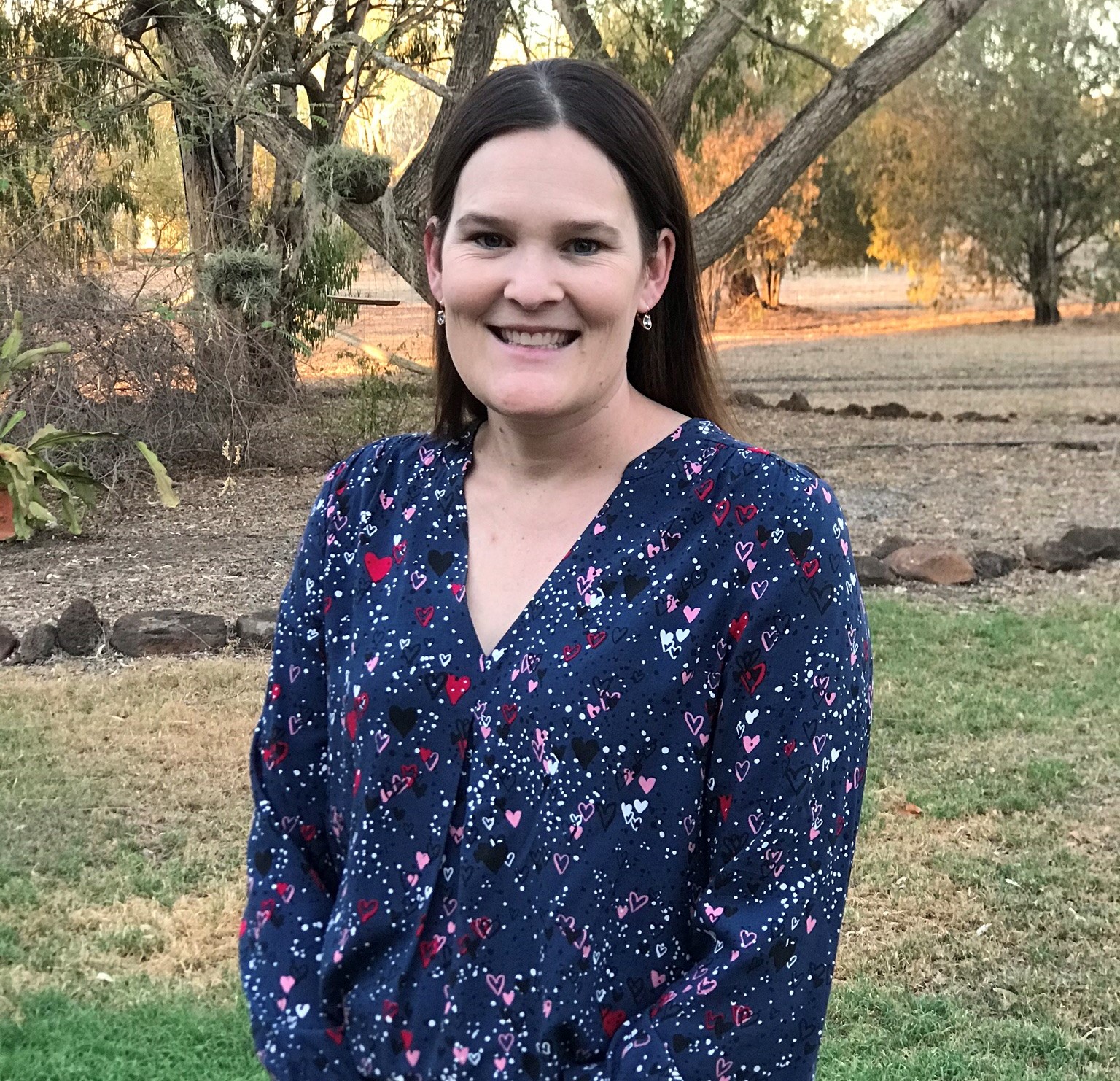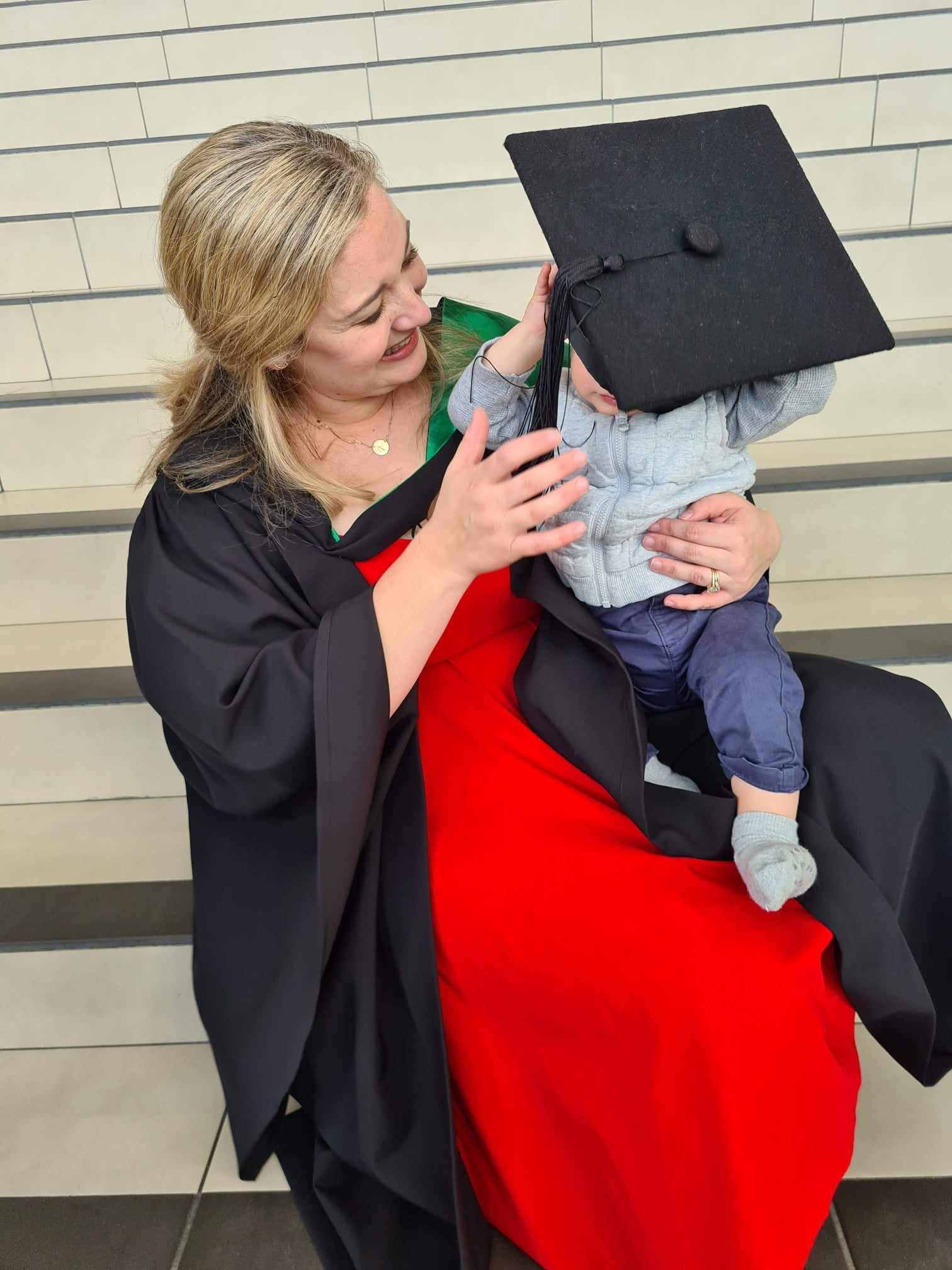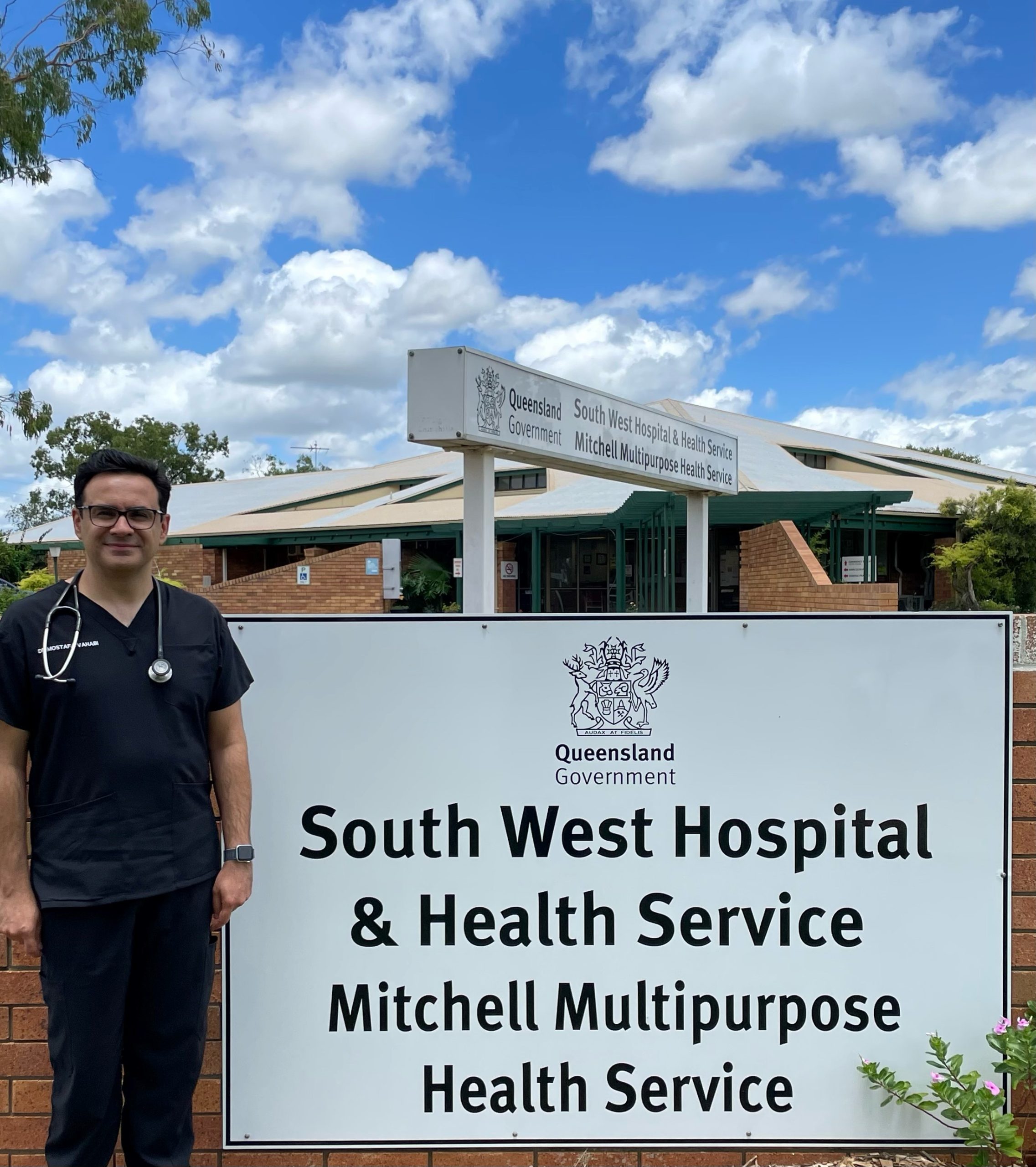We recently caught up with Dr Tammy Maxwell, who shared her insights on life as a Rural Generalist with advanced skills in O&G. Tammy is a QRGP fellow who works at Dalby Hospital as a Senior Medical Officer (SMO), and is raising a young family.
Why did you choose to undertake your advanced skills training (AST) in O&G? What factors did you take into consideration when making that choice?
I developed an interest in obstetrics during my medical degree. Unlike many disciplines, obstetrics deals with a subset of the population that is relatively healthy. We are there to provide these patients with care in one of the most important stages of their life. Obstetrics has a great mixture of surgery and medicine as well as continuity of care in a Rural Generalist setting. Working in obstetrics as a Rural Generalist has an added benefit of caring for the neonate and often following up the baby during childhood.
What was your training year like?
I thoroughly enjoyed completing my DRANZCOG Adv at Ipswich Hospital. The busy unit provided an excellent platform to develop my clinical skills and confidence, under the close supervision and support of staff specialists and registrars in the department. I encountered a high acuity of surgical procedures (LSCS, instrumental deliveries, etc.) and was also involved in the care of high-risk patients. The training year was one of the most challenging but also the most rewarding stages of my career so far.
What do you love about being a Rural Generalist with advanced skills in O&G?
I am in the privileged position to provide continuity of care across the complete spectrum of obstetrics and beyond. Our care starts in the GP rooms, often seeing a woman before contemplating pregnancy. She may make an appointment to discuss preconception care and rebook when pregnant. Rural Generalists with obstetrics are skilled to provide continuity of care for ladies and their family throughout pregnancy, intrapartum care and beyond. This makes our speciality incredibly rewarding.
What does a typical day look like for you?
Prior to having children, I spent each fortnight working three days in general practice and six days at the hospital, rotating between the maternity, emergency and acute wards. Since having my second child I have returned to work six days a fortnight, working only at the hospital at this stage. I hope to incorporate general practice into my week again as I increase my days over the coming year.
What myths need to be broken about practising your obstetrics skills in a rural and remote Queensland?
“You will lose your procedural skills”
You gain independence and confidence in your obstetric procedure skills as you are often the lead clinician managing the obstetric patient.
“GPs who manage deliveries provide a lower level of care”
Rural Generalists with an advanced skill in obstetrics provide a comprehensive service leading to better birth outcomes in rural communities.
“Working rural is socially and professionally isolating”
I was worried about being the only doctor with a procedural skill available, and I’m not sure that concern ever goes away. You do gain confidence with your procedural skills and feel comfortable with the rurality as you develop your networks. The lovely thing about working in a rural community is that we all support each other. Almost every time I’ve called around town in an emergency, someone has dropped whatever they’ve had on, organised childcare and come in to help.
What’s your advice for trainees considering an obstetrics advanced skill?
Be proactive in gaining as much experience in a tertiary setting as possible during your AST year. Stay back for that caesarean section or high-risk delivery if practical. Utilise the experience from your consultant as much as you can during those days you are on birth suite. Often you are paired up with your consultant 1:1 with periods of down time between patients to ask your questions. Be actively involved in the neonatal resuscitations under the guidance of the paediatric team.
Dr Tammy Maxwell







